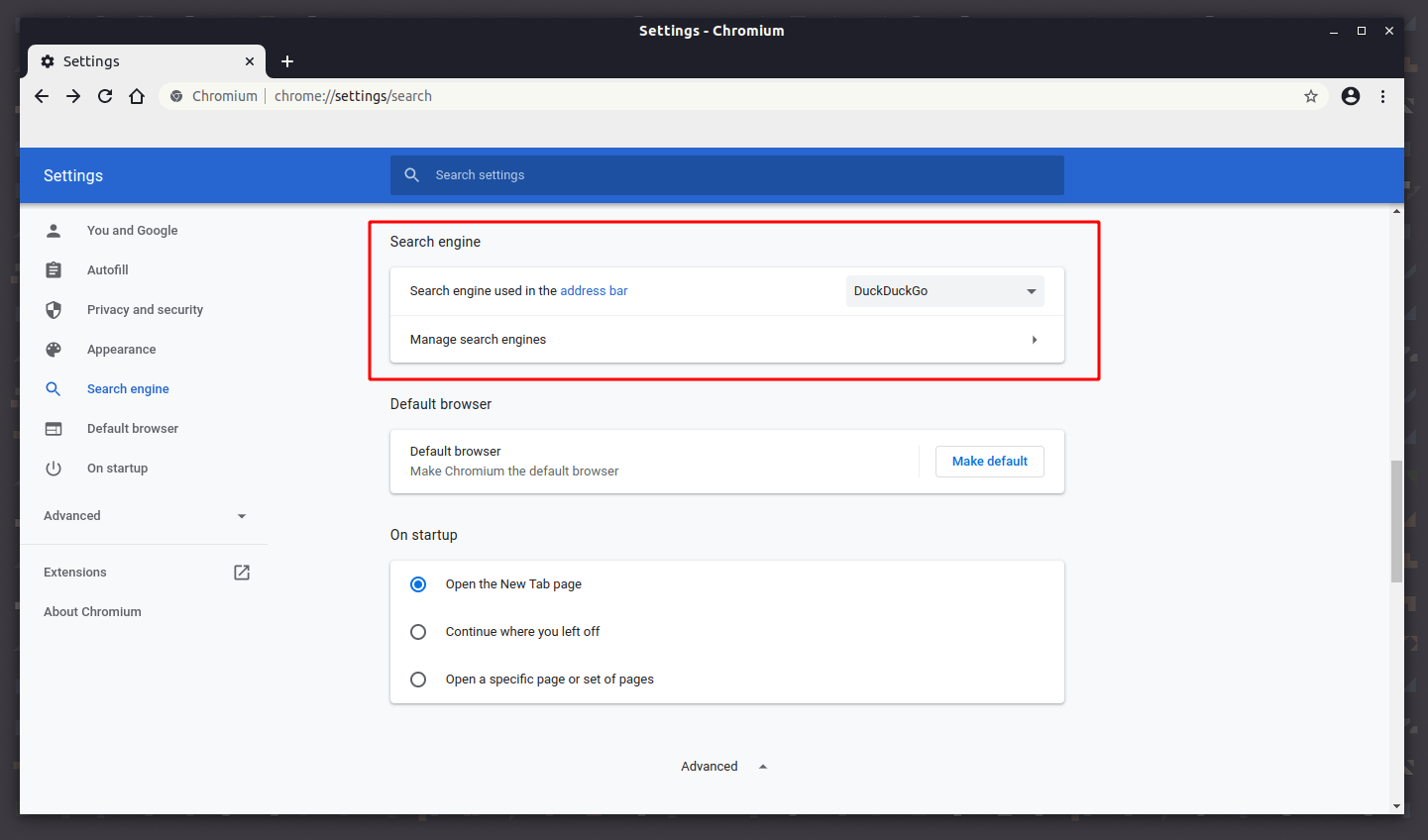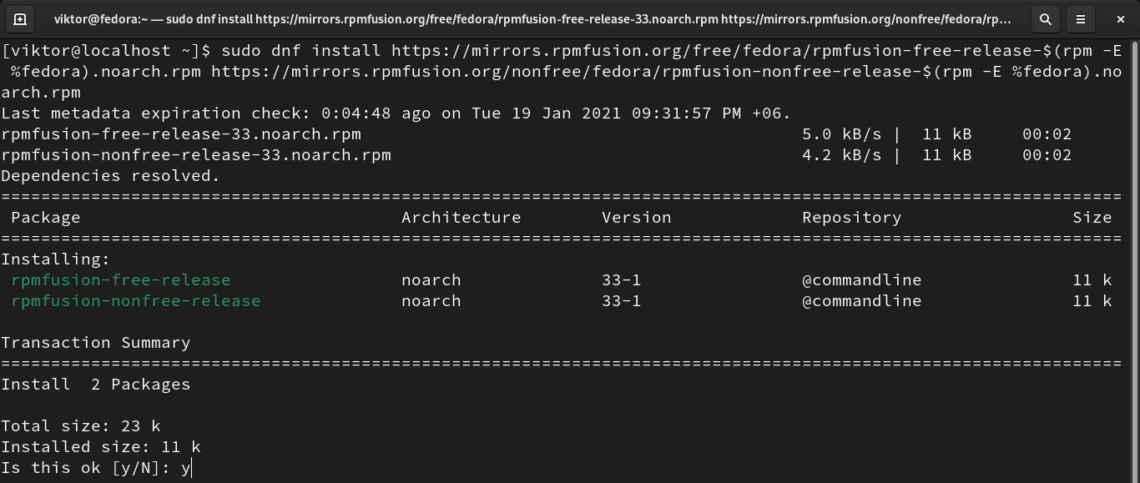

- Fedora ungoogled chromium how to#
- Fedora ungoogled chromium install#
- Fedora ungoogled chromium software#
Fedora ungoogled chromium install#
Search for chromium and then install the official package. ungoogled-chromium: The official distribution of ungoogled-chromium. So chromium is now included by default in fedora 30. Here, three different types of Chromium browser are available.
Fedora ungoogled chromium software#
Then again, both openSUSE and Iridium are German. To install it, you can use the Software tool in Fedora Workstation. Hi guys, so there is widevine to play drm-media like amazon prime video for instance. I would imagine that Debian and its many spins constitute the largest subset in the Linux world. Any ideas what might be the issue Thank you Here is also a part of the journal log while starting Chromium, perhaps that’s useful. Iridium's homepage is curious, given that it offers support for Windows, macOC, openSUSE, Fedora, and RHEL/CentOS, but not Debian. Ungoogled-chromium is strange, given that it is downloaded from. Hope it isn't sold to some heartless corporation as happened to Waterfox. Some of the things I normally do to Firefox, e.g., about:config and set punycode to true, are already done. You will have sound, which you normally wont have as root on Debian/ Ubuntu systems. It retains the default Chromium experience as closely as possible but. In this build of RaspEX you can also run Chromium /Firefox logged in as root. Ungoogled Chromium is is essentially a drop-in replacement for Chromium sans dependency on Google web services. I was able to add Ublock Origin, though it had an extra "ARE YOU SURE?" message. I did that following the instructions here. Okay, I downloaded LibreWolf and tried it. Kinda like IceCat, which hasn't been updated since June 2019. Privacy on the interweb would be nice but it's almost impossible so I would always prioritise security because the browser is the single biggest vulnerability in the entire system for most desktop "Privacy might be better than Chrome but security for those browsers is a complete joke."Īh, good point, I never thought of that. Privacy might be better than Chrome but security for those browsers is a complete joke (IMO). Not good.īut for the "un-Googled" versions you list the situation is even worse because they're all based on outdated versions of Chrome.

So the chromium package is outdated and riddled with potential security holes. Google don't provide an LTS version (unlike Mozilla) and Debian just can't keep up with the steady stream of vulnerabilities: But I do agree that the chomium package in the repositories is in a pretty poor state. Why, that would be the data-mining Chrome, of course! Google has been caught many times stealing data from K-12 students in violation of federal law and each time it promises to never do it again.ĭebian does not supply Chrome, and they never will. Mirror mirror on the wall, of all the Debian-supplied browsers, which is the shittiest of them all? So if you want a non-Tor privacy browser, add the brave repo and install brave and set your anti-fingerprinting setting to "strict" and your anti-tracking level to "strict" in the settings. Building Clone this repository Copy ungoogled-chromium.spec into SPECS Copy all other files into SOURCES Build. Once again, the recent scholarly research and the testing is pretty much all in agreement. The scholarly research into that question is pretty much unanimous. However, from a purely technical perspective, Tor Browser is far and away the vastly superior privacy browsing experience in terms of being nearly impossible to track via fingerprinting.

But if you find a good VPN that actually keeps its promises, you could probably pull it off. Tor over VPN is one method that might work for you, although most of the VPN's appear to be compromised as well. Ungoogled-Chromium is another browser you can try, it is the same as.
Fedora ungoogled chromium how to#
Good luck keeping secrets from them due to your choice of web browsers. Fedora Updates Chromium With VAAPI Support, Heres How To Enable.

That would be the NSA, who already has backdoors into your email, your cell phone, your ISP, your DNS provider, your router, your security cameras, your car, your doorbell, your thermostat, and your refrigerator. tar.For the unscrupulous owners of exit nodes.


 0 kommentar(er)
0 kommentar(er)
